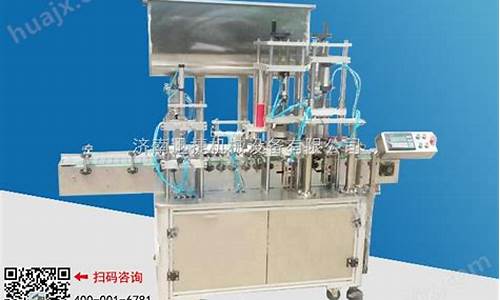Automated fruit pulp filling machines have revolutionized the beverage and food industry by enhancing production efficiency and ensuring consistent quality. These machines are designed to handle various fruit pulps and ensure accurate and hygienic filling processes. Their automation features reduce manual labor, minimize errors, and boost overall productivity. This technology is particularly advantageous for large-scale operations where precision and speed are critical.
Benefits of Automated Fruit Pulp Filling Machines
Automated fruit pulp filling machines offer several benefits that make them essential in modern manufacturing environments. One of the key advantages is increased production speed. These machines can fill containers at a rapid pace compared to manual methods, significantly reducing production time and costs.
Another benefit is the improved accuracy in filling. Automated systems use advanced sensors and controls to ensure that each container receives the precise amount of fruit pulp, minimizing waste and ensuring consistency. This level of precision also contributes to better quality control, as it reduces the likelihood of overfilling or underfilling.
Additionally, automated fruit pulp filling machines enhance hygiene and safety standards. The automation process minimizes human contact with the product, reducing the risk of contamination and ensuring that the fruit pulp remains clean and safe for consumption. The machines are designed with easy-to-clean components, further supporting high hygiene standards.

Choosing the Right Automated Fruit Pulp Filling Machine
Selecting the appropriate automated fruit pulp filling machine involves considering several factors to ensure it meets the specific needs of your production line. Capacity is a crucial factor; the machine should be able to handle the volume of fruit pulp you need to process efficiently. Additionally, the machine's compatibility with different types of containers and its ability to handle various fruit pulp consistencies are important considerations.
Another factor to evaluate is the machine’s ease of maintenance. Opting for equipment with straightforward maintenance procedures and readily available parts can help minimize downtime and ensure long-term reliability. Technological features such as touch screen controls, programmable settings, and data logging capabilities can also enhance the machine's functionality and ease of use.
Finally, consider the manufacturer’s reputation and customer support. Choosing a reputable supplier with a strong track record and excellent customer service can provide added assurance of the machine’s quality and support.
Conclusion
Automated fruit pulp filling machines play a vital role in modern food and beverage manufacturing by increasing efficiency, accuracy, and hygiene. Their advanced features and capabilities make them indispensable for high-volume production environments. When selecting a machine, it is important to consider factors such as production capacity, maintenance needs, and the manufacturer’s support to ensure you choose the best equipment for your requirements. Embracing automation in fruit pulp filling not only streamlines operations but also contributes to improved product quality and operational efficiency.






























